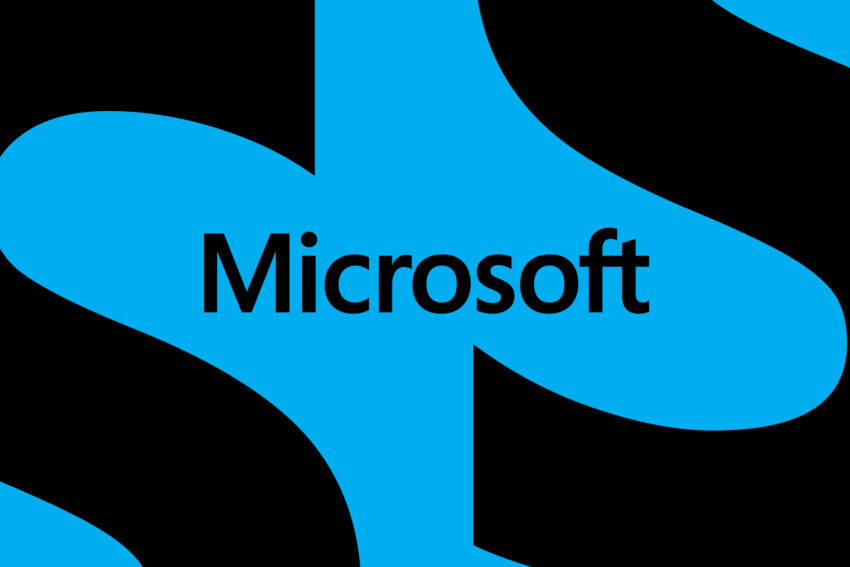
microsoft ai says it ll make superintelligent Microsoft AI has announced its commitment to developing superintelligent AI that prioritizes human welfare and maintains human oversight.
microsoft ai says it ll make superintelligent
Microsoft’s Vision for Humanist Superintelligence
In a recent blog post, Mustafa Suleyman, head of Microsoft AI, elaborated on the company’s ambitious plans to create a “humanist superintelligence.” This initiative aims to ensure that AI technology remains beneficial and supportive to humanity, rather than posing existential risks. Suleyman emphasized that this new approach is designed to keep humans “at the top of the food chain,” suggesting a deliberate effort to prioritize human values and safety in the development of advanced AI systems.
The Formation of a Dedicated Team
To spearhead this initiative, Microsoft has established a specialized team focused on the development of humanist superintelligence. This team will work on creating AI systems that are “carefully calibrated” and “contextualized within limits.” Suleyman’s emphasis on a controlled and bounded approach to AI development reflects a growing concern among technologists and ethicists regarding the potential dangers of unregulated AI systems.
Since joining Microsoft last year, Suleyman has been instrumental in shaping the company’s AI strategy. Under his leadership, Microsoft AI has launched its first in-house models for text, voice, and image generation, marking a significant step forward in the company’s AI capabilities. However, the announcement of the humanist superintelligence initiative represents a more profound philosophical shift in how Microsoft envisions the future of AI.
Rejecting the Race to AGI
In his blog post, Suleyman explicitly stated that Microsoft AI will “reject narratives about a race to AGI” (Artificial General Intelligence). This statement is particularly noteworthy given the intense competition in the tech industry surrounding the development of AGI. Companies like OpenAI, Google, and others are heavily investing in AI research, often with the goal of achieving AGI before their competitors.
Despite this rejection of a competitive narrative, the rivalry between Microsoft and OpenAI is expected to intensify. Microsoft recently entered into a new agreement with OpenAI that allows the company to “independently pursue AGI alone or in partnership with third parties.” This agreement grants Microsoft significant latitude in utilizing OpenAI’s intellectual property (IP) to develop its own AGI solutions. As noted by industry analysts, this legal framework positions Microsoft to potentially lead the charge in the race for AGI, even while publicly advocating for a more cautious approach.
Implications of the New Agreement
The implications of this new agreement are multifaceted. On one hand, it allows Microsoft to leverage OpenAI’s advancements in AI technology, which could accelerate its own development efforts. On the other hand, it raises questions about the ethical considerations surrounding the use of AI. Critics argue that the pursuit of AGI, even with a humanist approach, could still lead to unintended consequences if not managed properly.
As the competition heats up, stakeholders in the tech industry will be closely monitoring Microsoft’s progress. The company’s commitment to a human-centered approach to AI could set a precedent for how other organizations approach their own AI development. If successful, Microsoft’s humanist superintelligence could serve as a model for balancing innovation with ethical considerations.
Applications of Humanist Superintelligence
Suleyman outlined three primary applications for the envisioned humanist superintelligence, each aimed at enhancing human well-being and productivity:
- AI Companionship: The first application involves creating AI companions that assist individuals in various aspects of their lives. These companions are designed to help people “learn, act, be productive, and feel supported.” By integrating AI into daily routines, Microsoft aims to enhance personal development and emotional well-being.
- Healthcare Assistance: The second application focuses on leveraging AI to improve healthcare outcomes. This could involve AI systems that assist healthcare professionals in diagnosing conditions, managing patient care, or even predicting health trends. The goal is to create tools that empower healthcare providers and improve patient experiences.
- Scientific Breakthroughs in Clean Energy: The third application targets the urgent need for advancements in clean energy technologies. Microsoft envisions using humanist superintelligence to drive innovation in this critical area, potentially leading to new solutions for climate change and energy sustainability.
Potential Benefits and Challenges
The proposed applications of humanist superintelligence hold significant promise for addressing some of society’s most pressing challenges. By focusing on companionship, healthcare, and clean energy, Microsoft aims to create AI systems that are not only advanced but also socially responsible.
However, the journey toward realizing this vision is fraught with challenges. Developing AI that is genuinely beneficial to humanity requires careful consideration of ethical implications, data privacy, and the potential for bias in AI systems. As Microsoft moves forward, it will need to navigate these complexities while maintaining transparency and accountability.
Human-Centric AI: A Philosophical Shift
Suleyman’s emphasis on a human-centered approach to AI represents a broader philosophical shift in the tech industry. Historically, many AI initiatives have prioritized technological advancement over ethical considerations. However, as AI systems become more integrated into daily life, the need for a balanced approach has become increasingly apparent.
By positioning humanist superintelligence as a priority, Microsoft is signaling a commitment to ensuring that AI serves humanity rather than the other way around. This perspective aligns with growing calls from ethicists, researchers, and the public for more responsible AI development practices.
Stakeholder Reactions
The announcement of Microsoft’s humanist superintelligence initiative has elicited a range of reactions from stakeholders across the tech industry. Some experts have praised the company’s commitment to ethical AI development, viewing it as a necessary step in addressing public concerns about the potential dangers of AI.
Others, however, remain skeptical. Critics argue that the concept of a humanist superintelligence may be overly optimistic and question whether it can be effectively implemented in practice. They point to the challenges of ensuring that AI systems remain aligned with human values, especially as they become more complex and autonomous.
Moreover, the competitive landscape surrounding AGI development raises concerns about whether companies will prioritize ethical considerations when racing to achieve technological milestones. As Microsoft and other tech giants continue to push the boundaries of AI, the balance between innovation and ethical responsibility will be a critical area of focus.
Conclusion: The Path Forward
Microsoft’s commitment to developing a humanist superintelligence marks a significant step in the ongoing dialogue about the role of AI in society. By prioritizing human welfare and ethical considerations, the company aims to set a new standard for AI development that could influence the entire industry.
As the competition for AGI intensifies, it will be essential for Microsoft and its peers to remain vigilant in their pursuit of responsible AI. The success of the humanist superintelligence initiative will depend not only on technological advancements but also on the ability to navigate the ethical complexities that accompany such innovations.
Ultimately, the future of AI will depend on the choices made by companies like Microsoft. By embracing a human-centered approach, they have the opportunity to shape a future where AI enhances human capabilities and contributes positively to society.
Source: Original report
Was this helpful?
Last Modified: November 6, 2025 at 10:40 pm
3 views















